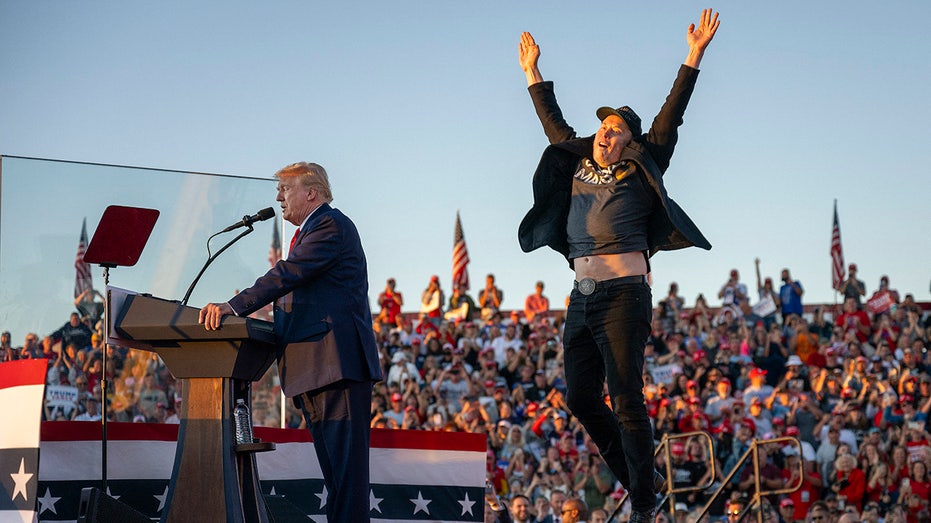Could Elon Musk's Support Have Been the Key to Donald Trump's 2024 Presidential Election Victory?
Former allies Trump and Musk clash over credit for 2024 victory, as Musk touts his battleground campaign efforts.

The once-cordial partnership between President Donald Trump and billionaire entrepreneur Elon Musk has erupted into a highly public feud, exposing deep rifts at the highest levels of Republican power. What began as a strategic alliance during Trump’s successful 2024 re-election effort has now devolved into open conflict, with both figures vying for recognition over the campaign’s historic victory and policy direction.
At the center of this clash is the question of who deserves credit for the razor-thin 2024 election win that returned Trump to the White House. While President Trump characterized Musk's support as welcome but ultimately unnecessary, stating, “I think I would have won” even without Musk's backing, Musk has fiercely rejected that narrative. In a sharply worded response on X (formerly Twitter), the Tesla and SpaceX CEO insisted, “Without me, Trump would have lost the election, Dems would control the House and the Republicans would be 51-49 in the Senate. Such ingratitude.”
Musk emerged last year as the top donor of the 2024 election cycle, channeling nearly $300 million to America PAC, a group instrumental in galvanizing turnout in key battleground states. His involvement was particularly visible in Pennsylvania, where he not only campaigned alongside Trump but also established a Pittsburgh “war room” to boost Republican ground operations. This unprecedented engagement came after Musk formally endorsed Trump in July, just days after a dramatic assassination attempt on the president in Butler, Pennsylvania.
The split between the two men widened dramatically following Trump’s signature economic moves early in his second term. With Trump boasting about his administration’s “biggest tax cuts in history,” Musk went public with his opposition, triggering an outpouring of presidential disappointment. As policy disputes spilled into personal territory, their exchanges have become increasingly pointed, spilling onto social media and into public events.
Insiders and analysts observing the feud suggest that both sides have valid claims. Local party officials in crucial swing regions, such as Erie County in Pennsylvania, attest to Musk’s pivotal influence, citing his financial resources and star power as key factors in energizing GOP voters. Yet others within Trump’s camp argue that the president’s own political brand remains the primary driver of his electoral success, reflecting a broader struggle over credit and legacy as the administration seeks to solidify its mandate.
Republican strategists meanwhile warn that the escalating war of words could carry broader implications for party unity heading into the next congressional battle. Many emphasize that the sprawling coalition of Republican-aligned super PACs—fuelled by massive donor contributions and grassroots organizing—was essential to the seven-state sweep that delivered the White House back to Trump. The tension between Trump and Musk now threatens to overshadow these achievements and cast uncertainty over the future role of powerful outside actors in GOP politics.
As the fallout continues, it remains to be seen whether the two former allies will find common ground or if their sparring will set a new precedent for the fractious relationship between political leaders and major donors in American campaigns. For now, the nation’s attention remains firmly fixed on the deepening rift—and what it may signal for the future of Republican governance.




